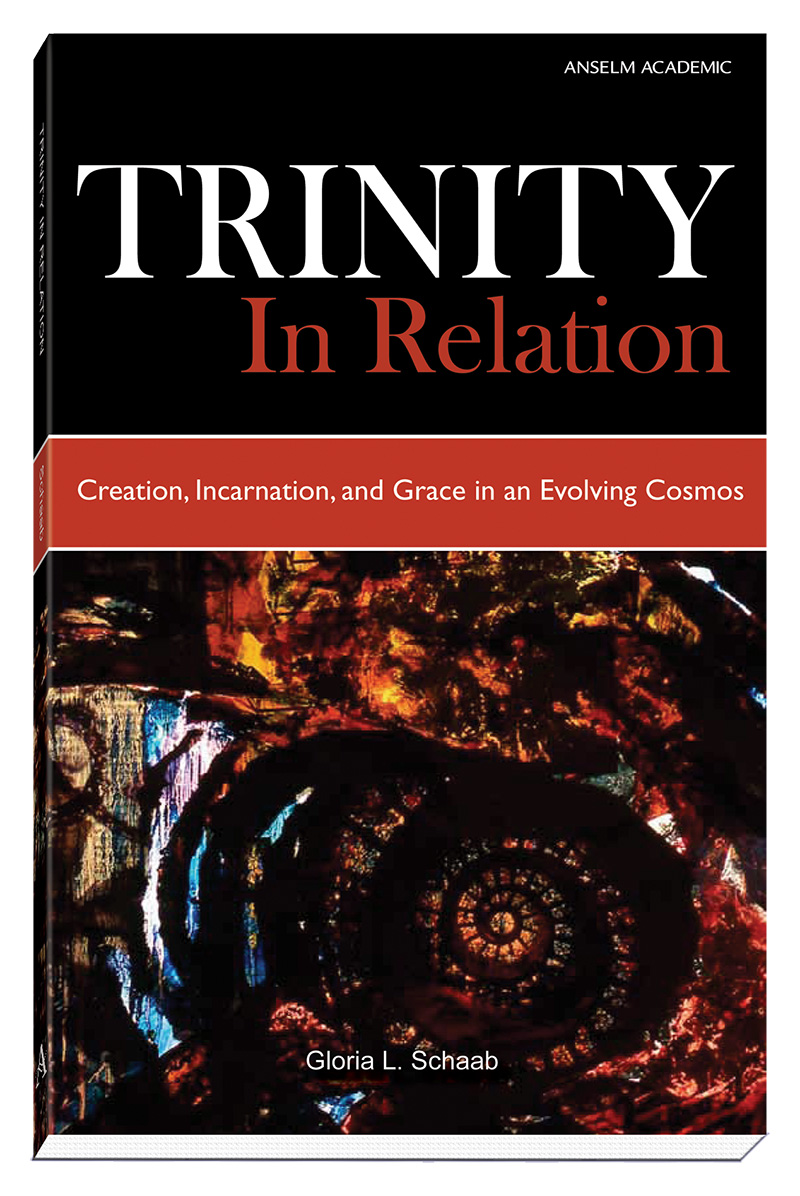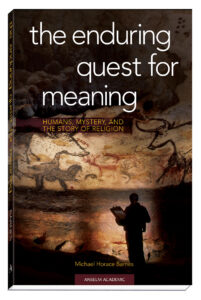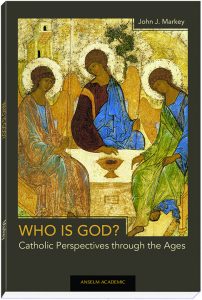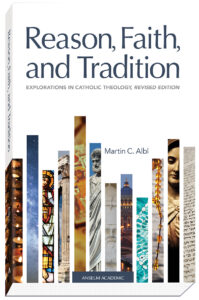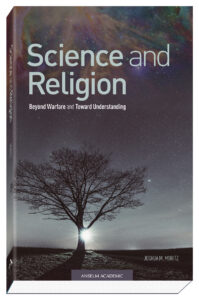Trinity in Relation
Creation, Incarnation, and Grace in an Evolving Cosmos
About This Book
Overview
Rooted in the biblical, historical, and contemporary theological traditions of Christianity, Trinity in Relation sets forth a theology of the Triune God as a God of and in relation, who is intimately, unceasingly, and dynamically engaged in the full flourishing of the cosmos and its creatures. This original and comprehensive approach to Trinitarian theology draws upon the insights of the natural, physical, and behavioral sciences, particularly evolutionary biology and quantum physics.
Gloria Schaab’s paradigm is grounded in the understanding that being itself—whether cosmic, human, or divine—is based in relatedness, relations that are typified as essential. Following an examination of these essential relations within each kind of being, Schaab goes on to investigate the relations among cosmic, human, and divine being, and in terms of three Christian doctrines— creation, incarnation, and grace. Done with a view to contemporary science, the author’s doctrinal interpretation seeks to demonstrate that divine, human, and cosmic relations are not solely unique events, but rather dynamic and ongoing interactions that affect each in compelling ways. It is through the considered study of these interrelationships that the reader will stand to gain a deeper understanding of the nature of the Triune God and the world to which God is intimately related. A respectful summary of traditional doctrinal interpretations puts the author’s work into context.
• Offers a new approach to Trinitarian theology
• Draws on Catholic tradition and insights of the sciences
• Integrates work of a wide variety of Catholic and Christian contemporary theologians
• Includes review of traditional doctrinal interpretation for context
Details
| Weight | 1.3 lbs |
|---|---|
| Dimensions | 5.375 × 1.5 × 8.25 in |
| Format | Softcover |
| Print ISBN | 978-1-59982-096-5 |
| Pages | 354 |
| Item # | 7042 |
|---|
Customer Reviews
“Probably no theological challenge is as pressing as the need to recover a worldview in which faith and science can relate constructively, informing and critiquing each other in the interest of helping humans find their place in God’s universe. In writing Trinity in Relation: Creation, Incarnation, and Grace in an Evolving Cosmos, Gloria Schaab has done the theological community a great service. The text is comprehensive and informed by the very best science and theology available to us. Schaab demonstrates a masterful grasp of the theological and philosophical sources that have shaped Christianity. She is able to bring forth the deep value of that tradition while also pointing to insights and challenges from the natural and social sciences that can further the development of the Christian tradition and enhance its relevance today. This superbly written text is an excellent choice for upper-level undergraduate and graduate courses that explore the Trinity, the theology of God, Revelation, or the relationship between faith and science. I highly recommend this text.”
Saint Mary's College of California
Table of Contents
Introduction
Introduction to Part I
Chapter 1: To Be Is to Be-in-Relation
Introduction
Being and Reality
Ontology of Substance
Toward a Relational Ontology
Summary
For Further Reading
Chapter 2: Cosmic Being as Relation
Introduction
The Relation of Origin: A Common Creation Story
The Relation of Emergence: The Whole Is More than
the Sum of its Parts
Relations of Effect: Bonding in a Creative Cosmos
Summary
For Further Reading
Chapter 3: Human Being as Relation
Introduction
Defining Personhood
Relation of Origin: The Nature of Personhood
Relation of Effect: The Nurture of Personhood
Relation of Emergence: Life in Stages
Summary
For Further Reading
Contents
Chapter 4: Divine Being as Relation
Introduction
The Rise of Trinitarian Theology
Relation of Origin: The Processions
Relations of Emergence: The Missions
Relation of Effect: Doctrine of Appropriations
Summary
For Further Reading
Chapter 5: Divine and Cosmic Being in Relation
Introduction
Of Analogies, Models, and Metaphors in Theology
Models of God-World Relationship
Re-Visioning Trinitarian Relation in a Panentheistic Model
Re-Visioning Trinitarian Action in a Panentheistic Model
Summary
For Further Reading
Introduction to Part II
Chapter 6: Creation as Relation in an Evolving Cosmos
Introduction
Theology and Doctrine of Creation
Evolutionary Perspectives on the Cosmos as Creation
Interpreting Creation in an Evolving Cosmos
Interpreting the Divine through an Evolutionary View of Creation
Creation in an Evolving Cosmos: Resonances in the Tradition
Summary
For Further Reading
Chapter 7: Incarnation as Relation in an Evolving Cosmos
Introduction
The Doctrine of Incarnation in the Christian Tradition
Evolutionary Perspectives on Human Being
Interpreting incarnation in an Evolving Cosmos
Interpreting the Divine through Evolutionary Incarnation
Incarnation in an Evolving Cosmos: Resonances in the Tradition
Summary
For Further Reading
Chapter 8: Grace as Relation in an Evolving Cosmos
Introduction
Theology of Grace
Evolutionary Perspectives on Causality and its Effects
Interpreting Grace in an Evolving Cosmos
Interpreting the Divine through an Evolutionary View of Grace
Grace in an Evolving Cosmos: Resonances in the Tradition
Summary
For Further Reading
Chapter 9: Living in Trinitarian Relation
Introduction
Relation: The Symbol that Functions
Summary
For Further Reading
Index
Professional Reviews
“Schaab has written a very accessible treatment of the God-world relationship, one that aims to exploit recent work in systematic theology that foregrounds relationality. Laudably, her starting point is explicitly not theological, as she wants to demonstrate the pervasiveness of a relational model of ‘the world’ through insights drawn from philosophy and the natural and behavioral sciences.
“Closely structured throughout, the first half of the book presents trinitarian theology via a threefold model of relations of origins, emergence, and effect, answering this in the second half with a parallel model of an evolving cosmos. The strength of this work is its ongoing attention to the role of language in shaping our understanding, with a fine overview of the use of metaphor in theology midway through the text.
“This overall attenuation of the notion of ‘relation’ is an important aspect of the argument’s credibility. Yet, as is sometimes true of recent work in Trinitarian theology, the desire to right a variety of social wrongs—dysfunctional families, racism, heterosexism, poverty—is the goal of trinitarian theology, or at least its best rationale. This can imply a reified notion of the equality of relations that mark God’s trinity, even in a nuanced treatment.
“Given the range of this discussion, many topics in the early chapters—for example, quantum mechanics—must be presented in a ‘digest’ form. Sometimes these seem to move toward the argument of the book too neatly, a problem that does not occur in Schaab’s targeted and thoughtful selection of theological insights in the second half of the book. In the end, however, her presentation of this work is effective, as she marshals a range of material toward a rich and multilayered account of the incarnation and the process of grace. The book would serve well as a text in upper-level undergraduate courses on the doctrine of God or as a starting point for courses that engage questions of science and religion.”
